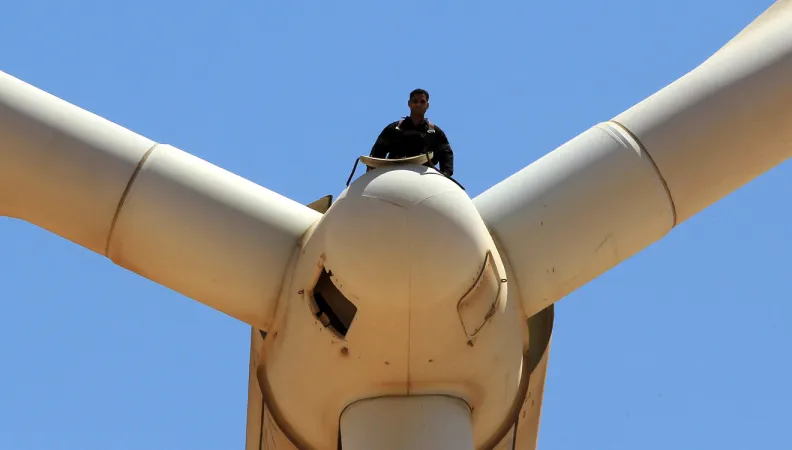Share the page
An Essential Ingredient for the Energy Transition? Timely Technical Assistance
Published on

For countries to undertake the transition to renewable energy, one-off investments are never enough. Technical assistance contributes to the sustainability of infrastructure and the development of reliable renewable energy. In Egypt, the Africa Renewable Energy (ARE) Scale Up program, supported by the European Commission and AFD, finances capacity building and the use of new technologies to promote the integration of renewable energy into the energy mix.
